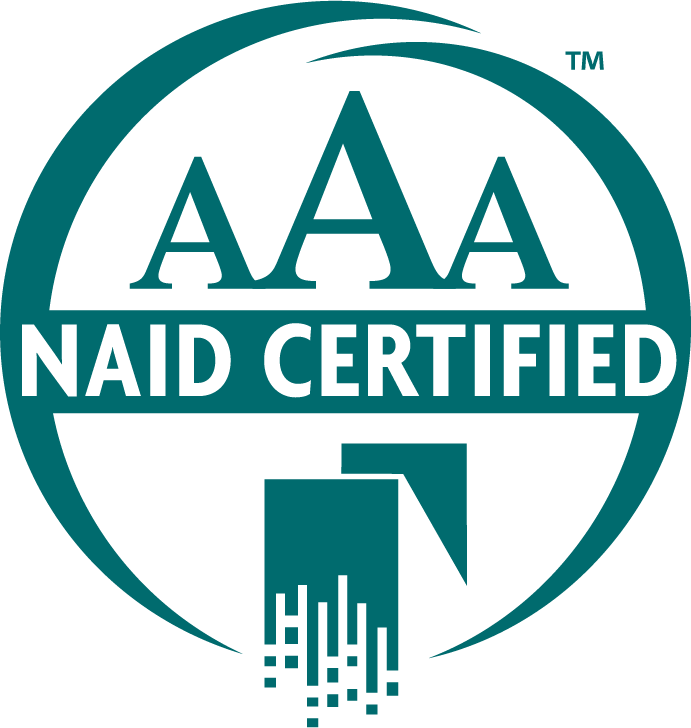Ask Kim: How can I prevent identity theft when I’m traveling?
Ask Kim: How can I prevent identity theft when I’m traveling?
Q: Do I need to let my bank and credit card company know before I leave for vacation? What else should I do to protect my identity when I’m traveling?
A: It’s a good idea to notify your bank and credit card issuer before you travel. Many financial institutions have increased efforts to protect against fraud, and it’s becoming much more common for them to deny transactions from an unexpected location. Your account may be frozen until you contact the bank to verify your identity and confirm that the purchases are legitimate.
Call the financial institution’s customer service number or notify the bank online of the dates and location of your travel. You can also take the following steps to protect your identity when you’re preparing for your trip and while you’re on vacation.
1. Clean out your wallet. Pickpockets often focus on busy tourist destinations. Keep your wallet in a place that pickpockets can’t easily access, such as a front pocket, and remove anything in it you don’t need that could be valuable to an ID thief, such as blank checks and cards that list your Social Security number.
3. Stop your mail while you’re gone or have a neighbor collect it for you. An overflowing mailbox not only signals that you’re away from home, but it can also include credit card or bank account numbers or other personal information an ID thief would find valuable.
4. Be careful using public computers. Don’t access your bank or credit card accounts or provide any other sensitive personal information on public computers. Use password-protected Wi-Fi at your hotel, and beware of look-alike networks, which may use a name similar to your hotel’s to collect your personal information.
5. Choose ATMs carefully. Thieves sometimes install skimming software on ATMs to capture your card number and PIN. It’s generally safer to use ATMs at established financial institutions. And it’s safer to use your credit or debit card for large purchases than to carry a lot of cash.
6. Check your accounts after you return. It’s always important to check your bank and credit card accounts for any suspicious activity, and it’s especially important while you’re traveling and soon after you return from a trip. Notify your card company immediately of any suspicious activity, even if it’s just for a small amount; it isn’t unusual for thieves to test your card by making a very small charge before using it for larger expenses.
(Kimberly Lankford is a contributing editor to Kiplinger’s Personal Finance magazine. Send your questions and comments to moneypower@kiplinger.com. And for more on this and similar money topics, visit Kiplinger.com.)
(c) 2017 Kiplinger’s Personal Finance; Distributed by Tribune Content Agency, LLC.


